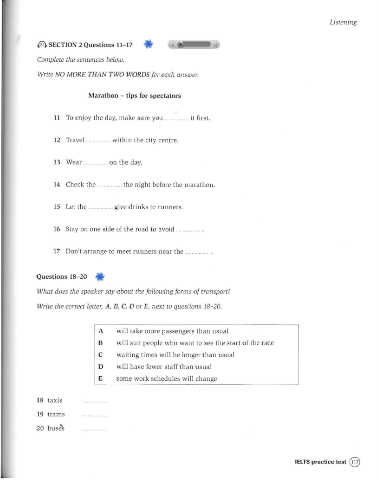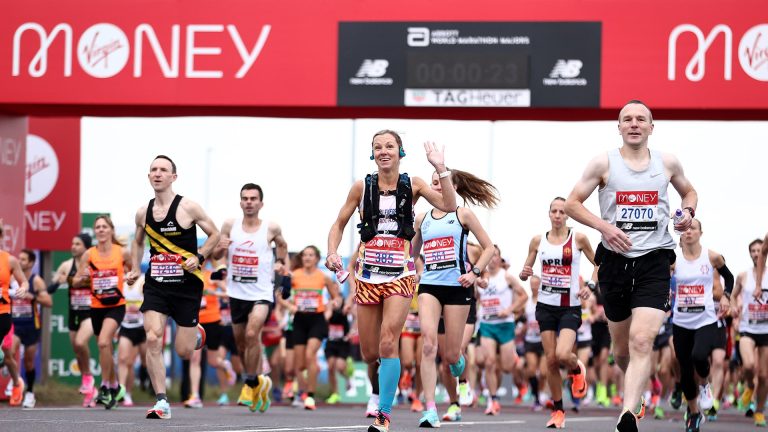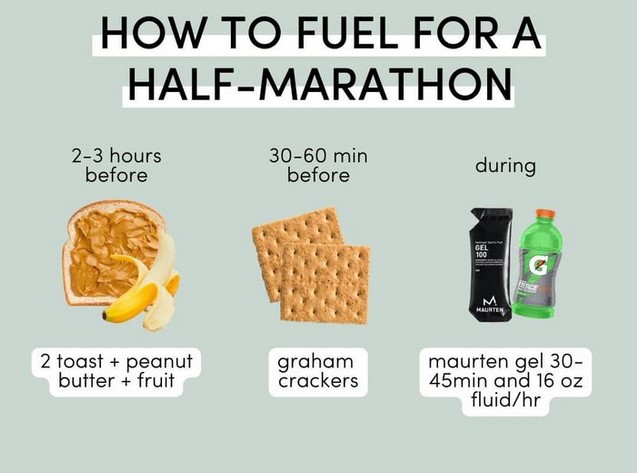Tens Vs Ems: Can They Help With Recovery?
TENS and EMS are popular for recovery, TENS for pain relief and EMS for muscle stimulation. These devices can aid in post-workout recovery by reducing pain and promoting muscle recovery. Athletes and fitness enthusiasts often use TENS and EMS therapy to accelerate healing and minimize recovery time. By understanding the differences and benefits of each…









